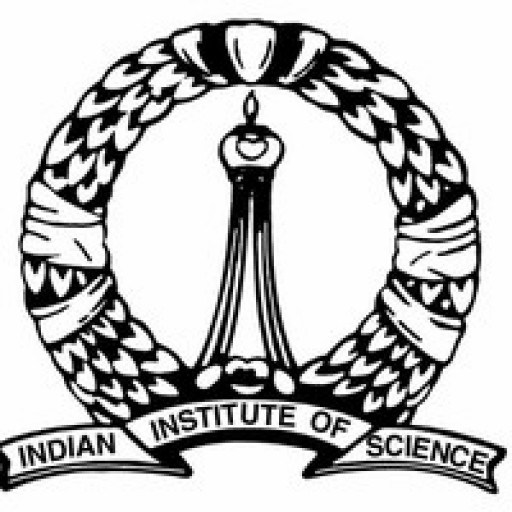Photos of university / #uppsalauniversity
The Master Programme in Mathematics has two specialisations mathematics and financial mathematics. In both specialisations you have great opportunity to select courses according to your interests and thus build a unique study profile. You can choose to immerse yourself in mathematical theory or combine mathematics with other disciplines, such as scientific computing, physics, signal processing and systems engineering.
If you choose to focus on the theoretical aspects of mathematics, the master programme will provide you with a good basis for a doctoral program. Or, if you combine your math courses with other subject areas, you will have the opportunity of a career in various industries, such as energy, finance and infrastructure.
Career
For a professional career outside the university, you should combine your advanced mathematical knowledge with an applied subject. You can give your programme a unique profile by choosing courses in other areas, such as scientific computing, systems engineering and computer science. This profile will enable you to successfully compete with graduate engineers and scientists on the labour market.
Studies in mathematics will give you important skills for many areas where mathematical modeling plays a central role. Mathematicians are found in many industries and often work with forecasting and planning. Qualified mathematical statitisticians are needed in insurance companies, banks, pharmaceutical companies etc.
The labour market for financial mathematicians has been good in recent years, and the future outlook is deemed by all forecasters to be bright. Complex financial instruments are used not only in the pure finance sector but also, for example, by the manufacturing industry to secure future deliveries of raw materials with the help of forward transactions and options rather than maintaining large inventories. Traditional knowledge of economics is not sufficient to manage such financial instruments, which means that advanced mathematical and computational techniques are also required.
Both specialisations will enable you to continue with doctoral studies in one or several of the mathematical fields: mathematics, applied mathematics, mathematical statistics and financial mathematics.
Degree
The programme leads to a Master of Science (120 credits) with Mathematics or Financial Mathematics as the main field of study.
After one year of study it may also be possible to obtain a Master of Science (60 credits).
Financial Mathematics
Within the specialisation financial mathematics, you will begin your studies with courses in economics and financial mathematics. Then you will study advanced courses in which you will deepen your knowledge in financial mathematics, mathematical statistics and mathematical analysis. The programme includes training in performing extensive calculations and simulations on financial models.
Mathematics
Within this specialisation, you will begin your studies with courses in algebra, integration theory and partial differential equations. Then you will study advanced courses in which you will deepen your knowledge in mathematics and mathematical statistics. You can also choose to study courses in other subject areas.
If you focus on pure mathematics you will learn how to report central mathematical concepts, broadly describe how results are logically related, and be able to prove important theorems.
If your focus is mathematical statistics you will learn how to use advanced tools for stochastic modelling of random phenomena, primarily in natural science, medicine, technology and economics. You will also gain in-depth knowledge in the theory of mathematical statistics.
Want to improve your English level for admission?
Prepare for the program requirements with English Online by the British Council.
- ✔️ Flexible study schedule
- ✔️ Experienced teachers
- ✔️ Certificate upon completion
📘 Recommended for students with an IELTS level of 6.0 or below.
Uppsala University provides several different scholarships for students. The scholarships cover exclusively the tuition fees for courses within the programme, i e 30 credits per semester.
Read more about scholarships on www.uu.se/scholarships.








